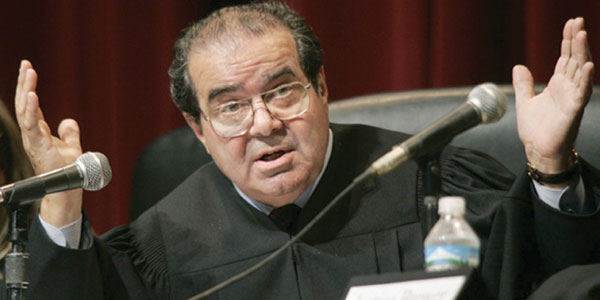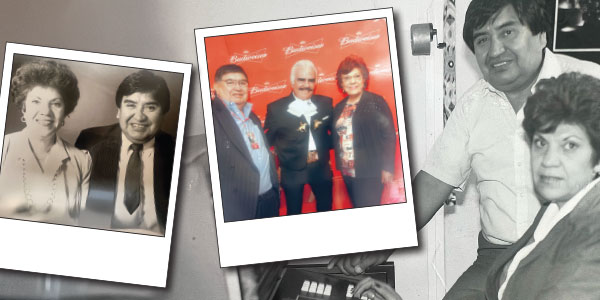
Este año será dramático y tenso para Washington, D.C.
Como si no fuese suficiente la tensión por las campañas presidenciales, algo nuevo subió aún más la tensión en nuestra capital. La inesperada muerte, el 13 de febrero, del juez de la Corte Suprema Antonin Scalia dejó en shock a D.C. El asiento vacante en la CorteSuprema de Justicia ha desviado las prioridades de nuestros Senadores, especialmente la de los Republicanos.
La constitución determina que el Presidente deber nominar un candidato para ser elegido juez de la Corte Suprema. Pero los Republicanos piensan que Obama no debería nominar a alguien.
“La personas del país deberían tener una voz en cuanto a la nominación de un juez,” dijo Mitch McConnell, el Senador Republicano de Kentucky. “Por eso este asiento vacante no debería ser ocupado hasta que tengamos presidente nuevo.”
En respuesta, la Senadora Demócrata Elizabeth Warren de Massachusetts respondió “El Senador McConnell tiene razón, las personas deben tener una voz en la elección de jueces. De hecho, la tuvieron – cuando el presidente Obama ganó las elecciones del 2012 por 5 millones de votos.”
Obama dejó en claro que él va a nominar a alguien. Y la Senadora Warren declaró que la oposición Republicana “pone en riesgo nuestra constitución y nuestra democracia.” Cuestionable, Obama cuando era Senador, votó en contra de las nominaciones a la Corte Suprema de Justicia del entonces presidente George W. Bush.
Entonces, ¿por qué es esto tan importante? Antes de la muerte del Juez Scalia, la Corte Suprema de justicia tenía un balance entre liberales y conservadores. Es muy probable que la nominación del presidente Obama sea una persona de convicción liberal, lo que resultaría en una Corte Suprema que tienda a tomar decisiones más liberales que conservadoras.
Permanece sintonizado para seguir paso a paso este año electoral en más de un aspecto. Lo único que podemos asegurar es que el drama continuará.
_____________________________________________________________________________________________________________________
Help wanted: One Supreme Court justice
Analysis by Dermidio Juez-Perez
This year is a dramatic, tense year for Washington, D.C.
If the presidential campaigns weren’t providing enough friction, something new has lifted the tension in our nation’s capital to a higher level. Washington was left in shock after the unexpected death of U.S. Supreme Court Justice Antonin Scalia on Feb. 13. The Supreme Court’s empty seat has changed many senators’ priorities, especially the Republican senators.
The Constitution states that the president shall nominate Supreme Court justices. But Republican senators believe that President Obama shouldn’t nominate anyone.
“The American people should have a voice in the selection of their next Supreme Court justice,” said Mitch McConnell, a Republican senator from Kentucky. “Therefore, this vacancy should not be filled until we have a new president.”
In response, Democratic Sen. Elizabeth Warren of Massachusetts tweeted: “Senator McConnell is right that the American people should have a voice in the selection of the next Supreme Court justice. In fact, they did — when President Obama won the 2012 election by 5 million votes.”
Obama has clearly stated he’ll nominate someone. And Senator Warren has claimed that Republican opposition to his nominee “would threaten both the Constitution and our democracy itself.” Questionable, after all, Obama voted against President George W. Bush’s Supreme Court nominee when Obama was a Senator.
Why, then, is this such a big deal? Well, before Scalia’s death, the Supreme Court had a balance of conservative and liberal judges. Most likely, Obama will nominate a liberal, thus resulting in a Supreme Court that will tend to make liberal rulings.
Stay tuned to find out how the U.S. Senate will handle this. Chances are, there’ll be more drama before a nominee is approved.










